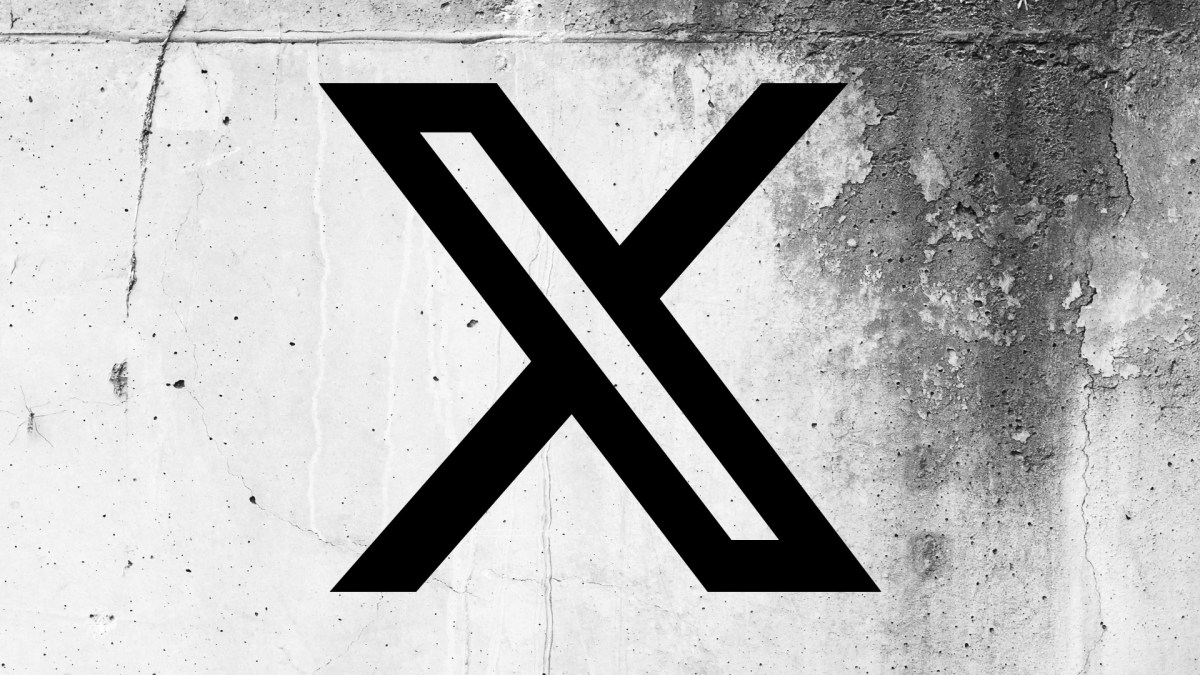It is not new.
Wothe
- woshang@lemmy.world
- Banned
- 5 Posts
- 12 Comments
- Wothe@lemmy.worldto
 11·1 year ago
11·1 year agoMan just taking a break and comes back with hire salary.
- Wothe@lemmy.worldto
 21·1 year ago
21·1 year agoAn add on: WireMin, Session and SimpleX.
- Wothe@lemmy.worldOPto
 15·1 year ago
15·1 year agoFirst of all, this is not a spam account, so why blame me for writing a review? I am just pointing out things that I found interesting. I am not convincing or forcing anyone to download the application. As I said, ‘all I need is their source code’ — I am not giving my 100% trust to WireMin. I’m simply saying that if they could publish the source code, they might go viral from my perspective. That’s it.
- Wothe@lemmy.worldOPto
 110·1 year ago
110·1 year agoUnable to deliver on their promises? How so?
- Wothe@lemmy.worldOPto
 24·1 year ago
24·1 year agoYeah. Source code is needed, hard line.
- Wothe@lemmy.worldto
 11·1 year ago
11·1 year agoYeah, they haven't published the source code yet. I asked the WireMin team, and it seems they are a small team still finalizing the code. What is the App Manager called tho?
- Wothe@lemmy.worldto
 121·1 year ago
121·1 year agodeleted by creator
- Wothe@lemmy.worldto
 2·1 year ago
2·1 year agodeleted by creator
- Wothe@lemmy.worldto
 153·1 year ago
153·1 year agoNever download the Meta Threads.
- Wothe@lemmy.worldto
 332·1 year ago
332·1 year agoTransforming Twitter into an 'everything' app is a terrible idea. Why? Take WeChat, for example. Initially a messaging app, it now incorporates a multitude of services including short video clips similar to YouTube, Twitter-like posts (for friends only), a wallet linked to a bank card, and more. One of my Chinese friends said, 'You won't find anyone in China who doesn't use WeChat because it has everything we need!' It seems that users are quite satisfied with the services WeChat provides.
However, they may be overlooking the drawbacks of such centralized applications:
- Privacy issues: Identity verification is required; without it, most features are inaccessible.
- Censorship: I suspect that all communications are stored on a central server, with algorithms designed to detect sensitive content or keywords related to politics, NSFW material, etc. Since it's linked to your identity, you could easily end up on a blacklist.
- Account suspension: The developer has the power to suspend accounts at any time due to the centralized nature of the system.
- Security risks: If someone gains access to your phone or passcode, they could access your money, your contacts' information, and your personal details, since it's an 'everything' app.
- Manipulation: Show those news that the country or the company want us to, hide those that are not helpful to them.
These issues and risks are inherent in centralized platforms and social media but consolidating them into an 'everything' app only amplifies the risks. My friend mentioned that WeChat hasn't introduced a subscription fee yet, but Twitter and other services have.
I mean, an 'everything' app might be feasible in a restricted country like China, in the United States? Hell not! But, Big Tech and governments have the monopolistic power to make these things happen, so we have to find alternatives. The sooner we migrate, the sooner we can reduce the risks that I mentioned above.
The digital world is incredible, but also dangerous. It's best that we start protecting our own privacy rights, our right to speak freely, and our right to control our own minds and discern the truth.
- Wothe@lemmy.worldto
 3·1 year ago
3·1 year agoWrite it down

Totally agree with you; a p2p network is resilient and unstoppable. Every user acts as a node within the p2p network, and as long as people are actively online, it can survive. This means it cannot be banned by any country or government.
Plus, since a P2P network is a decentralized network, there is no central server to store user data such as chat histories or contact lists**. From a data privacy perspective, nothing can compare with a p2p network.
I know people are quite familiar with Signal and Whatsapp due to their E2EE services. However, they are managed by tech companies and utilize a centralized network (central server = another computer). All your chat histories and data are kept in their giant computer/server. Even though it is encrypted, who in the world knows if they have memorized your private key (I think they do, by the way, because governments need these things to monitor suspicious activities or potential criminal incidents).
So, start using applications that operate on a decentralized P2P network; it is the safest way to safeguard your privacy rights.